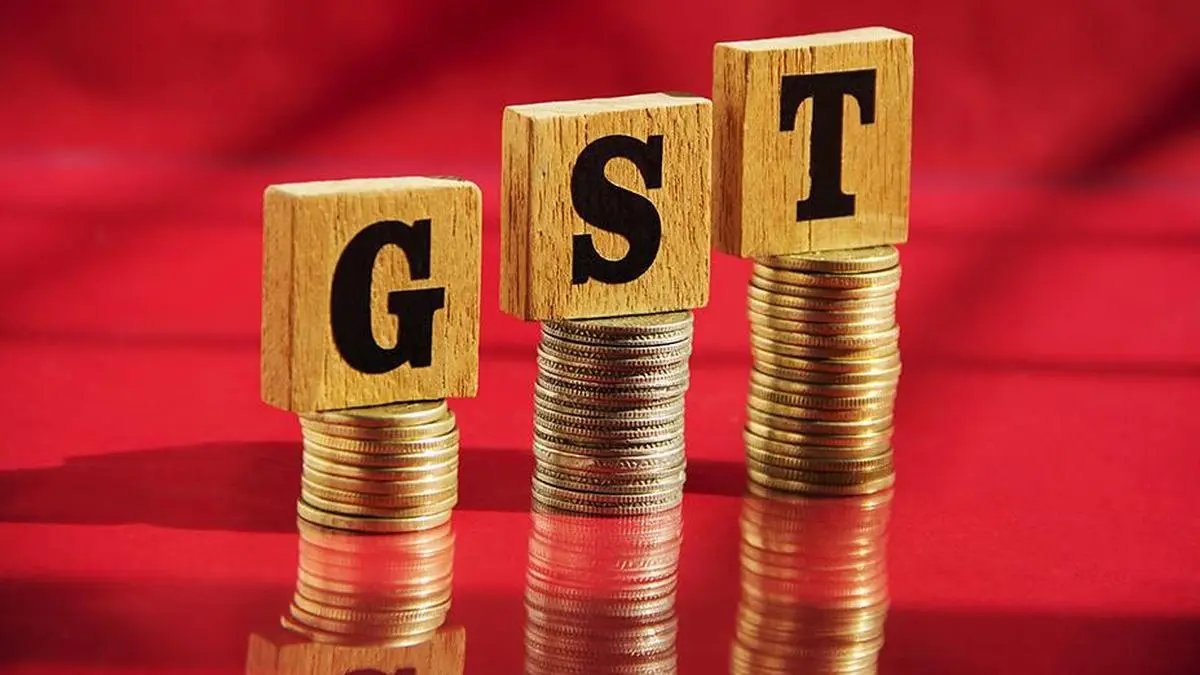GST reforms expected to outweigh US tariff impact on demand for Indian goods, says IMF


IMF said that the impact of the tariffs will continue to be felt in the Asia Pacific region, with recent ones—like the increase on India in August 2025—requiring time to assess their full impact.
International Monetary Fund (IMF) has said that the impact of GST rate cuts will outweigh that of US tariffs on the Indian economy. It simultaneously stressed that assessment of tariff impact will require time.
“India economy is projected to expand at 6.6 per cent this year (FY 2025-26), slightly up from 6.5 per cent in 2024 (FY 2024-25). The forecast has improved since April 2025 as strong Q2 growth and the goods and services tax (GST) reform are expected to outweigh the negative effects of higher US tariffs on demand for Indian goods,” IMF said in its regional economic outlook.
However, the growth is expected to moderate to 6.2 per cent in 2026 (FY 2026-27). Even then, the IMF pointed at India being an exception as compared with growth in other Asian economies. “Reflecting the higher tariffs and higher trade policy uncertainty, GDP growth forecasts for most Asian countries in 2025 and 2026 are below those of October 2024—China and India being notable exceptions,” said the report.
The Government too is hopeful that GST rate cut is expected to further lower retail inflation based on Consumer Price Index (CPI) because domestic demand is likely to go up. A similar observation has been made in the IMF’s regional economic outlook report. “Soft domestic demand and negative output gaps have contributed to inflation being below target in many Asian emerging markets with some exceptions (for example, India),” the report said.
Meanwhile, the IMF said that the impact of the tariffs will continue to be felt in the Asia Pacific region, with recent ones—like the increase on India in August 2025—requiring time to assess their full impact. According to the multilateral agency, economies in the Asia-Pacific region have shown resilience amid external and domestic challenges so far in 2025, posting stronger-than-expected economic growth in the first half of the year.
Nevertheless, “higher US tariffs and increasing protectionism will likely reduce demand for Asian exports and eventually weigh on growth in the near-term. Domestically, slowing growth trends and social tensions pose additional challenges. Amid these forces, reforms to make economic growth more resilient and sustainable will be critical,” IMF said.
Published on October 24, 2025


